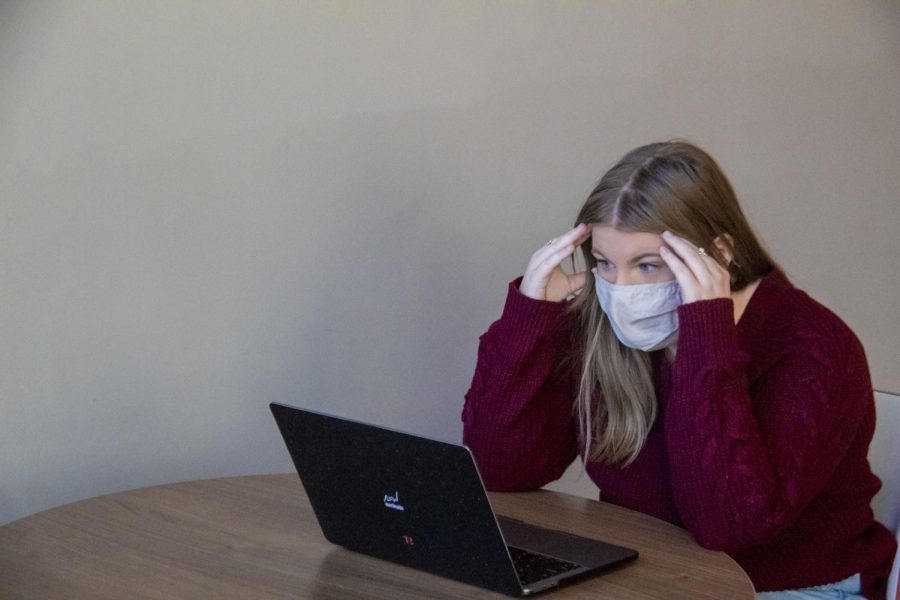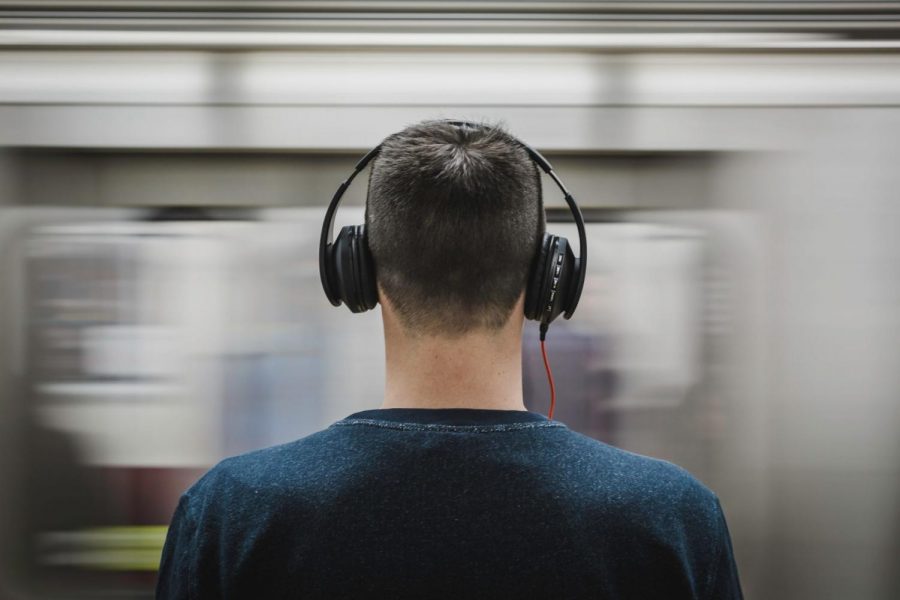
Being stressed is good, within limits
By Emily Beebe, Opinion Editor
| March 16, 2025

Street Interviews: Managing stress
By Lucy Atkinson and Sofia Didenko
| November 4, 2024

COVID-19 impacts students’ mental and physical health
By Ally Formeller, Columnist
| January 19, 2022
Stresses multiply for many US clergy: ‘We need help too’
By DAVID CRARY
| February 18, 2020

Fill in the blank: My advice for the end of the semester is…
By Northern Star Staff
| December 2, 2019
Stress can be motivational to students
By Haley Galvin
| August 25, 2019

Impending Finals: De-stress with ASMR
By Sarah Lalond
| November 29, 2018
High stress jobs need mental health breaks breaks
By Roxanne H.
| March 26, 2018
Pass/Fail: 3-day break offers time for reflection; Weather changes swiftly, hectically
By Marilou Terrones
| November 24, 2014

Students: Take action to ease your mental health
By Blake Glosson
| November 5, 2014

Fit Facts: Keep test scores up with brain food
By Blake Glosson
| September 15, 2014

Fit Facts: Eat well, stay active during finals week to reduce stress
By Blake Glosson
| May 4, 2014
Advertisement
Advertisement
Advertisement
Advertisement
Advertisement
Advertisement






